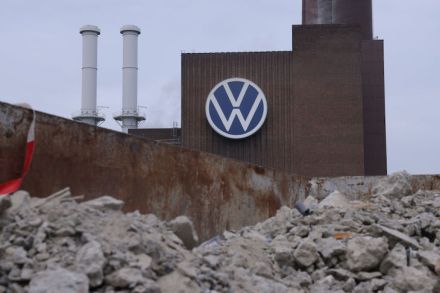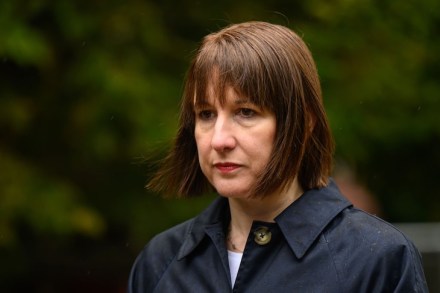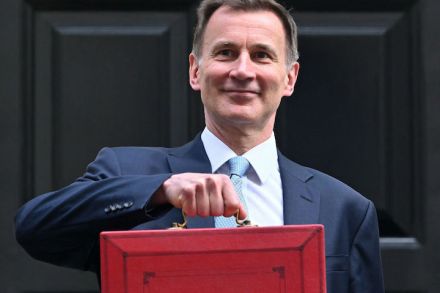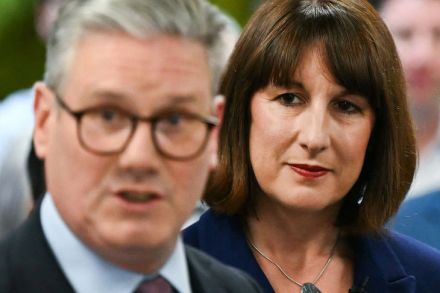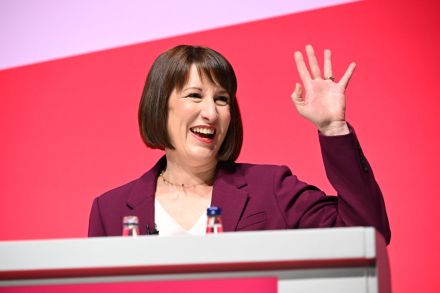Rachel Reeves's Budget plan is much worse than you think
‘No plan for the economy’ is the charge being made against the government, as Conservatives take to the airwaves following the Budget. The problem is that, in this case, the charge is simply untrue. Labour do have a plan for the economy. It is called securonomics: a worldview set out in some detail by the Chancellor herself in the Spring during her Mais Lecture. And as Paul Mason put it earlier in the year in this magazine, securonomics constitutes a ‘coherent, well founded’ plan for the economy, rooted in a ‘clear political philosophy’. Securonomics will make Britain more lethargic, more risk averse Securonomics, at its most basic level, is a









